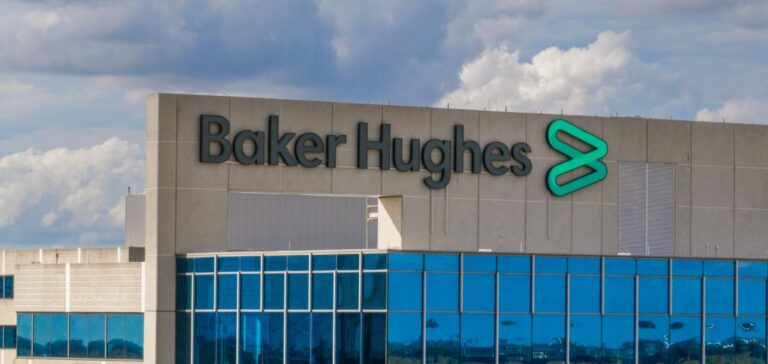Baker Hughes announced the signing of a multi-year contract with Dubai Petroleum Establishment (DPE), acting on behalf of Dubai Supply Authority (DUSUP), for the provision of integrated coiled-tubing drilling services for the Margham gas storage project. The initiative is aimed at enhancing the stability of Dubai’s energy system by supporting the transition between solar power and natural gas.
The contract includes deployment of the CoilTrak™ system, an innovative bottomhole assembly (BHA) designed to increase reservoir connectivity through efficient slim-hole multilateral drilling. This technology will maximise reservoir contact in the mature Margham field, while contributing to the effectiveness of underground natural gas storage.
Extension of Baker Hughes’ integrated portfolio
This new contract strengthens Baker Hughes’ involvement in the Margham project, where the company is already supplying its Integrated Compressor Line (ICL) units for gas storage, injection and export operations. These components play a central role in establishing a flexible energy system designed to reduce reliance on conventional fossil fuels.
According to Amerino Gatti, Executive Vice President of Oilfield Services & Equipment at Baker Hughes, the company draws on its regional expertise in coiled-tubing drilling and mature asset optimisation to support DPE in developing reliable and secure energy solutions. The integrated approach combines advanced technologies and specialised services across every step of the energy value chain.
Advanced technologies for mature fields
Baker Hughes’ offering in this project also includes the integration of underbalanced drilling, a technique commonly used to minimise reservoir damage and enhance recovery. This expertise is crucial to optimising operations in mature fields such as Margham, a longstanding asset in the emirate’s gas landscape.
The use of horizontal drilling, made more efficient through the CoilTrak™ system, enables operators to precisely navigate subsurface formations, thereby increasing contact with the reservoir. This technical precision is vital to ensuring storage capacity and supply agility, especially during periods of high demand or solar power intermittency.






















